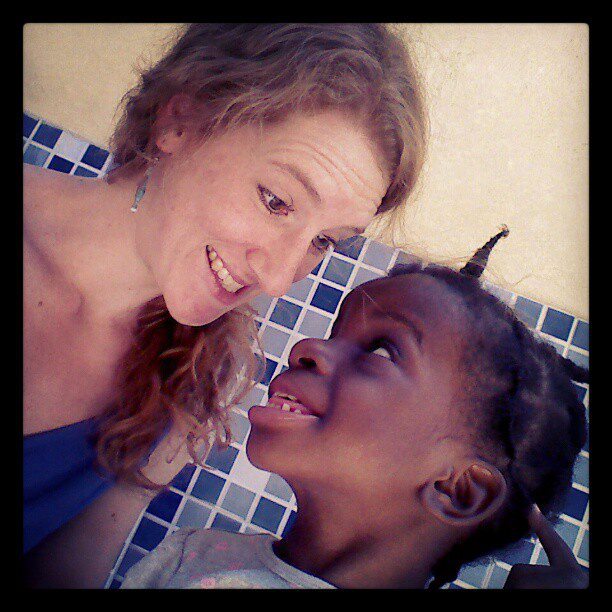 |
| from the International Confederation of Midwives |
Every year 358 000 women and 3.6 million newborn babies die due to largely preventable complications during pregnancy, childbirth and the postnatal period. In addition, every year, nearly 3 million babies are stillborn. Most of these deaths occur in low-income countries and happen because women – often poor and marginalized – have no access to functioning health facilities or to qualified health professionals, notably midwives and others with midwifery skills.
Among the 38 countries most desperately in need of midwives, 22 need to double the workforce by 2015; seven need to triple or quadruple it; and nine countries - Cameroon, Chad, Ethiopia, Guinea, Haiti, Niger, Sierra Leone, Somalia, Sudan - need to dramatically scale up midwifery by a factor of between 6 and 15.UNFPA:
The probability that a woman will die from a maternal cause is 1 in 31 in sub-Saharan Africa compared with 1 in 4,300 in developed regions. The risk of stillbirth during labour for an African woman is 24 times higher than for a woman in a high-income country. A proficient, motivated and supported midwifery workforce is a major key to success in tackling this heavy toll of death and disability. The evidence is unanimous and clear: midwives and other health workers with midwifery competencies are essential to saving the lives of women and newborns.
Seeing these stats, I am so incredibly thankful once again for the amazing work that the Lord is doing through Heartline in Haiti. Lives are being changed. Lives are being saved. Check out their stats for 2011. Amazing.
By contrast, this is an all-too-common birth experience in Haiti:
Most Haitian women give birth at home, attended by matrones — untrained birth attendants — most of whom arrive equipped with only a razor blade, a piece of string and Latex gloves. The result: more women die during childbirth in Haiti than in any other country in the Western Hemisphere. A lot more. For every 100,000 live births, 630 Haitian mothers perish — more than triple the number of mothers in Bolivia, which has the next-worst maternal mortality rate, at 200 per 100,000. (Read more)
Want to learn more about what Heartline does and their heart for those they serve? Here are just a few links:
The women in our program don't have to fight for follow-up care. There is no armed security guard waiting at the gate for them to talk into allowing them to enter. They don't have to run their medical needs past any random stranger. They are treated with the dignity and respect that they deserve. They are greeted by other women that care about them and their story. (Read more)
Esther, a young girl in our program called that her water had broken. We waited for labor. While we did her blood pressure rose to dangerous levels, meds were started and she eventually delivered her baby with us. She hemorrhaged after the birth. More blood than I had ever seen at a birth. We knew, she knew, both she and baby would have died if she had delivered at home. We used many medicines, and highly skilled midwives saved her life. (Read more)
We care deeply about prenatal care and each woman's pregnancy and delivery. We care even more about love. We want our program and staff to client ratio to always allow us to get to know each woman fairly well by the time she is ready to deliver. We want each Thursday to be seen as an opportunity to invest time in their lives, their stories, their pain and struggle. The very best and the very hardest part of the program is making time to truly hear from them and build relationships. (Read more)
 |
| born at the Heartline Maternity Center, October 2011 |




No comments:
Post a Comment